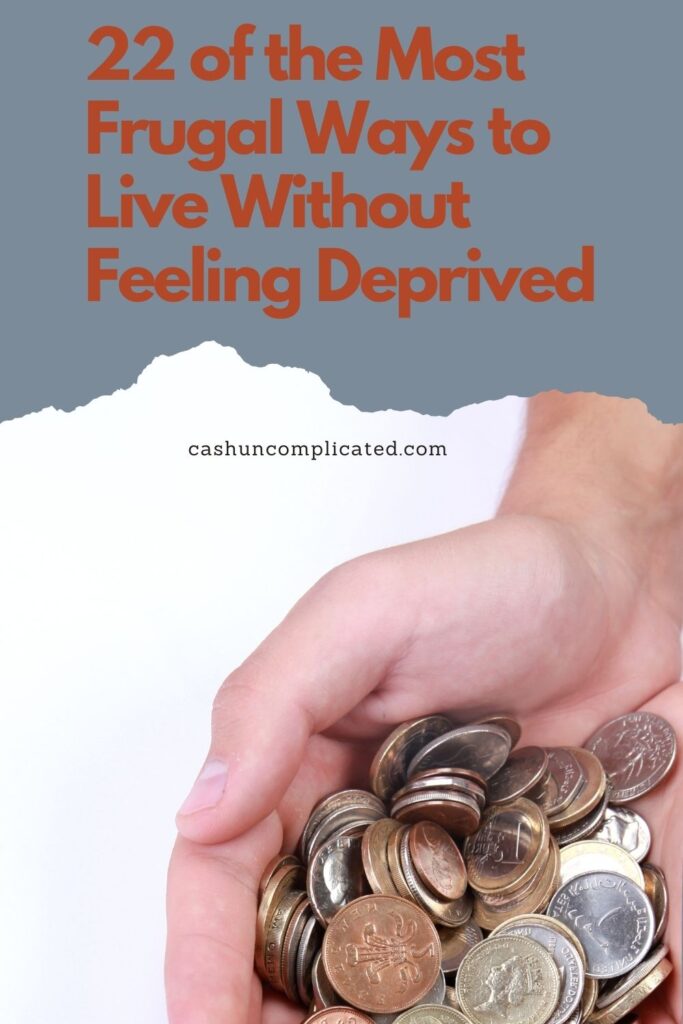
22 of the Most Frugal Ways to Live Without Feeling Deprived
Frugality gets a bad rap. The word is often used interchangeably with “cheap”, but they are two very different things. Frugality is about value-based spending,

Frugality gets a bad rap. The word is often used interchangeably with “cheap”, but they are two very different things. Frugality is about value-based spending,

Financial planning quotes pack a lot of punch. They contain lots of wisdom in a short amount of words. We can pull ideas, thoughts, inspiration,

In personal finance, debt is arguably the most written about topic. Millions of people are in debt and not surprisingly, the topic is at the
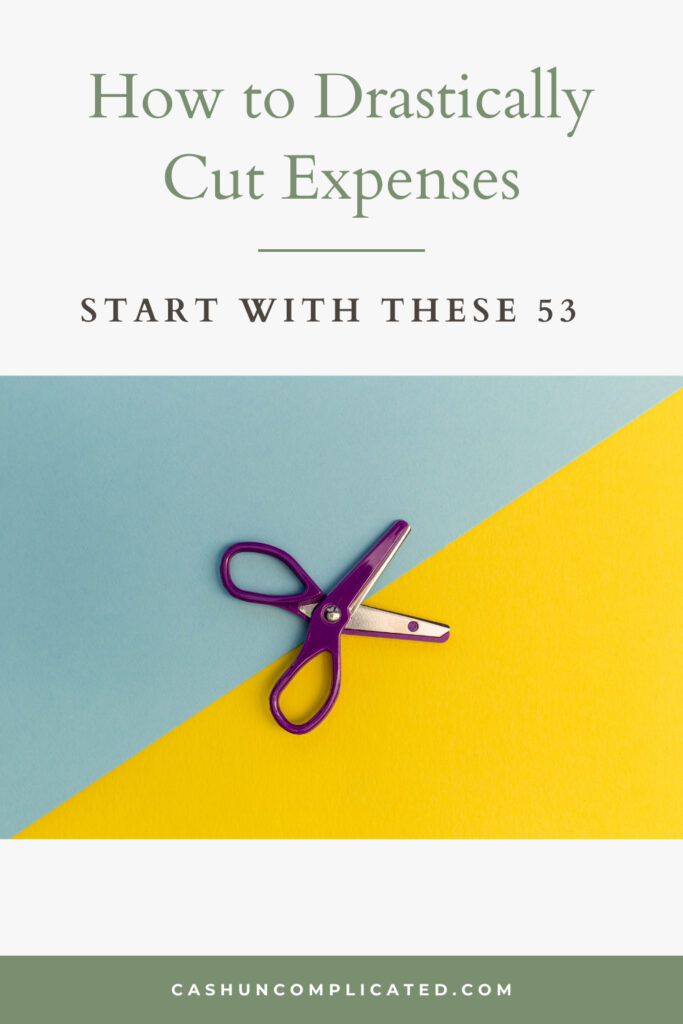
Sometimes we reach a boiling point and decide enough is enough. Maybe you’ve been living under financial stress for years and don’t want to do
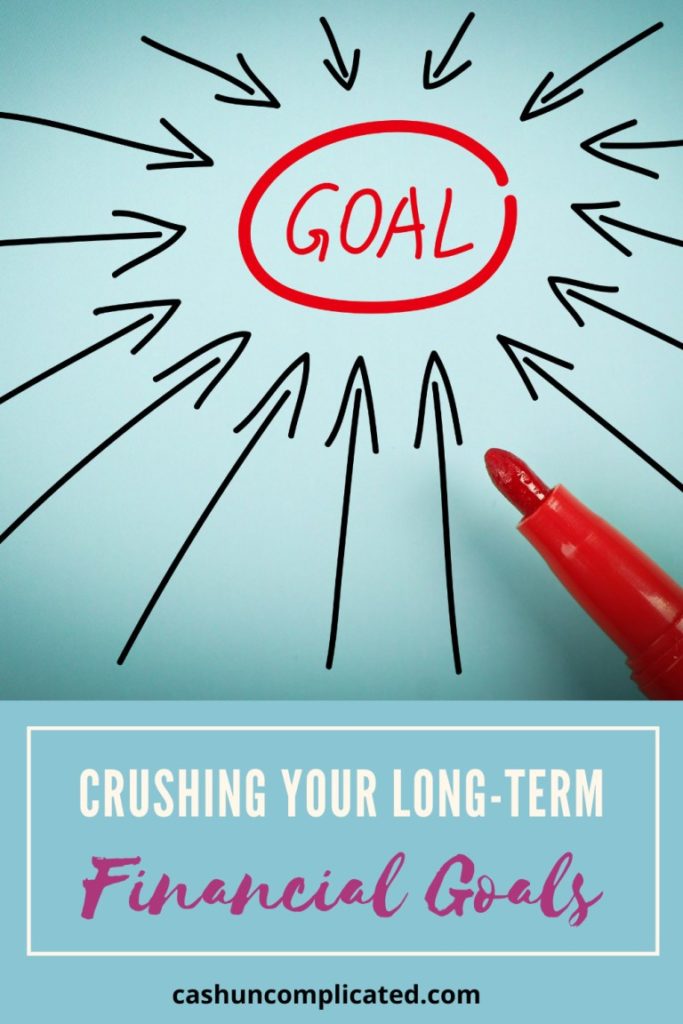
It’s important to have goals. Goals start as dreams or an idea and become a reality when they are written down, developed, and measured. Goals are so important to me that I have a chapter in my book Cash Uncomplicated specifically about goals. In my book, I write about short-term, medium-range, and long-term goals. In today’s post, we’ll focus specifically on long-term financial goals and how to crush those goals.
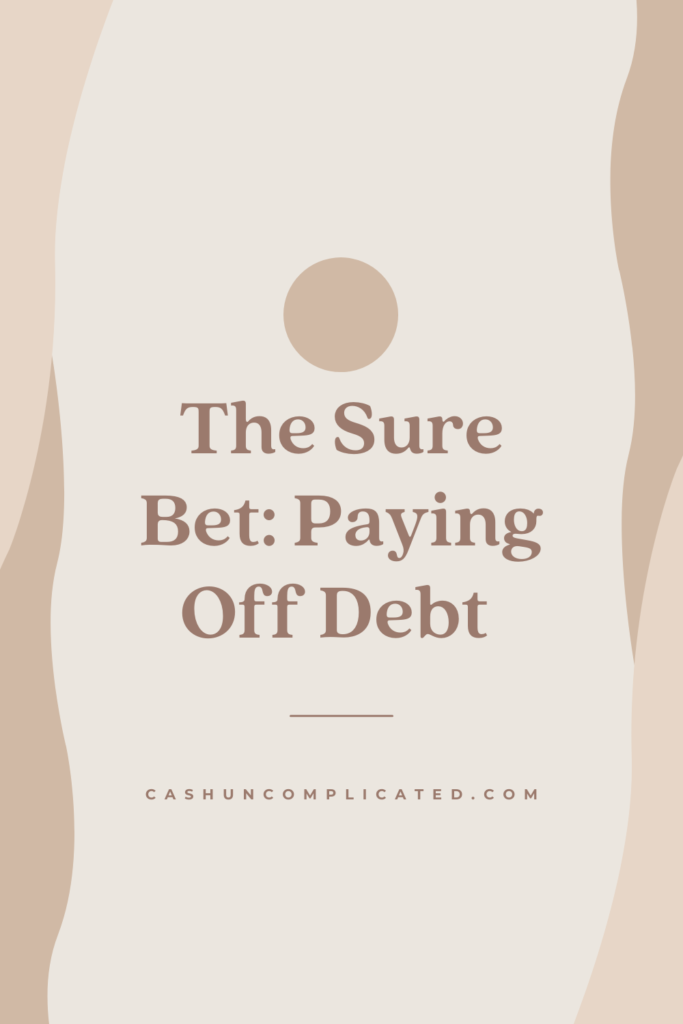
In my last post, I wrote about using a monthly surplus to pay off the house early or invest more. Both great options, one more optimized than the other. Either way, a really good place to be in. In today’s post, I’m going to write about the surest bet anyone can make—paying off debt.

It’s a great position to be in. All consumer debt has been paid off, or never existed in the first place. You’re doing well in your career, invest 10 percent or more of your income, and have plenty of savings in your emergency fund. You also own your own home and don’t plan on moving anytime soon. You’re at a point where you have a surplus of money coming in every month.

There’s a misconception that saving money is boring and that savers are missing out on a lot of fun. Spending money on trips and fast cars is seen as exciting while saving is seen as well, not so exciting. Boring even. In a vacuum, I guess there’s something to this. But in real life, you can do both.

There’s an idea in personal finance that for the average person to obtain wealth, they need to cut a bunch of things out. Maybe it’s because cutting spending is the lowest common denominator, or the easiest thing for people to relate to. I’ve frequently heard statements equivalent to a crash diet:

A few weeks back I published a post about making your own coffee titled Brewing Your Own Coffee: Can it Really Make You a Millionaire? One of the biggest clichés in personal finance is the idea that making your own coffee can make you a millionaire, or at the very least, save you a lot of money.

As much as I like to plan my financial future, I understand there are a lot of money variables. Nobody knows exactly what the future
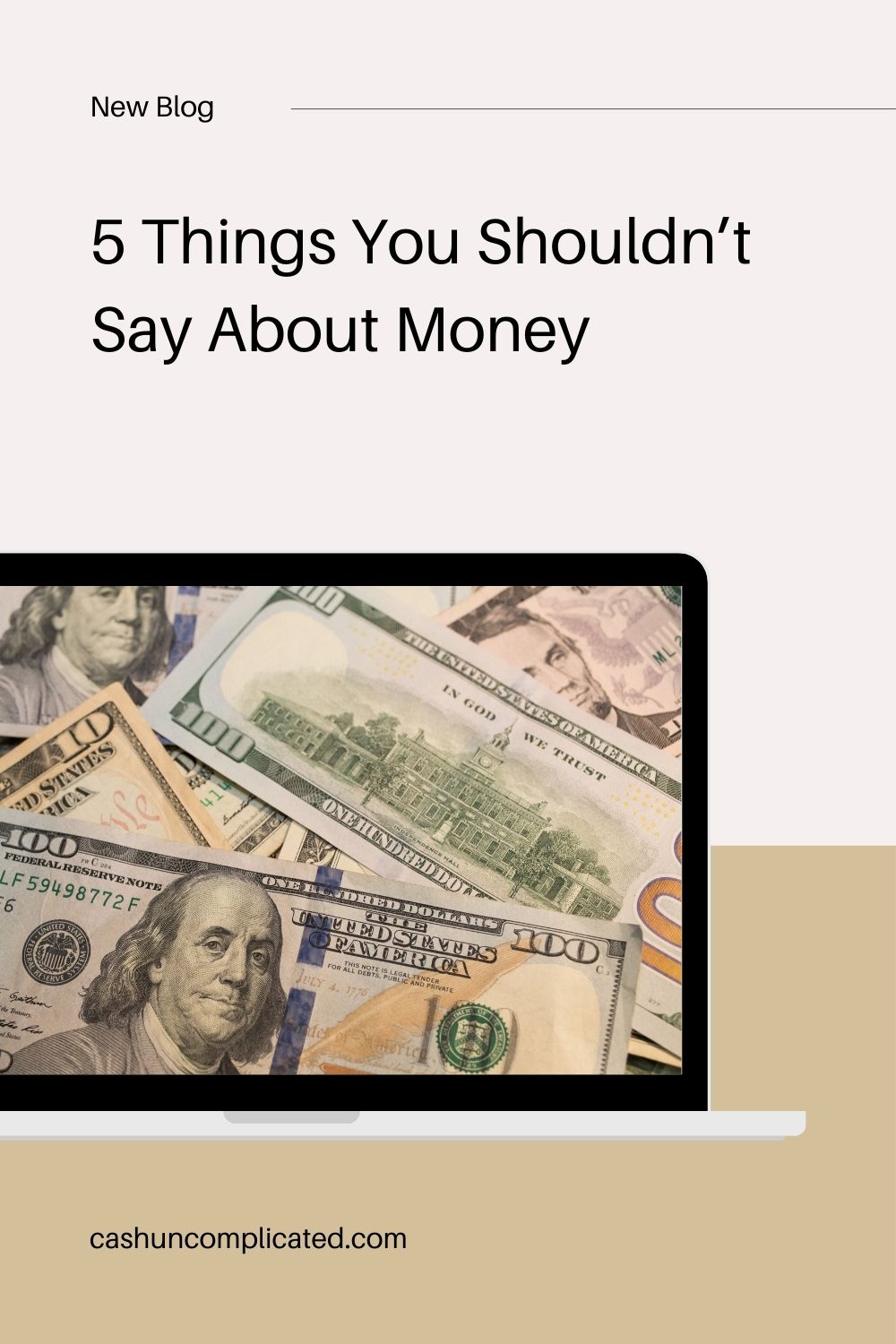
As I shared in my book Cash Uncomplicated, I had tons of misconceptions about money. There were a lot of things I said about money

When you think of retirement, you probably think of a silver haired person in their 60’s and up. Someone who has reached financial independence and

Have you ever seen that investment that seems too good to be true on the surface? Only to find out after a little digging that